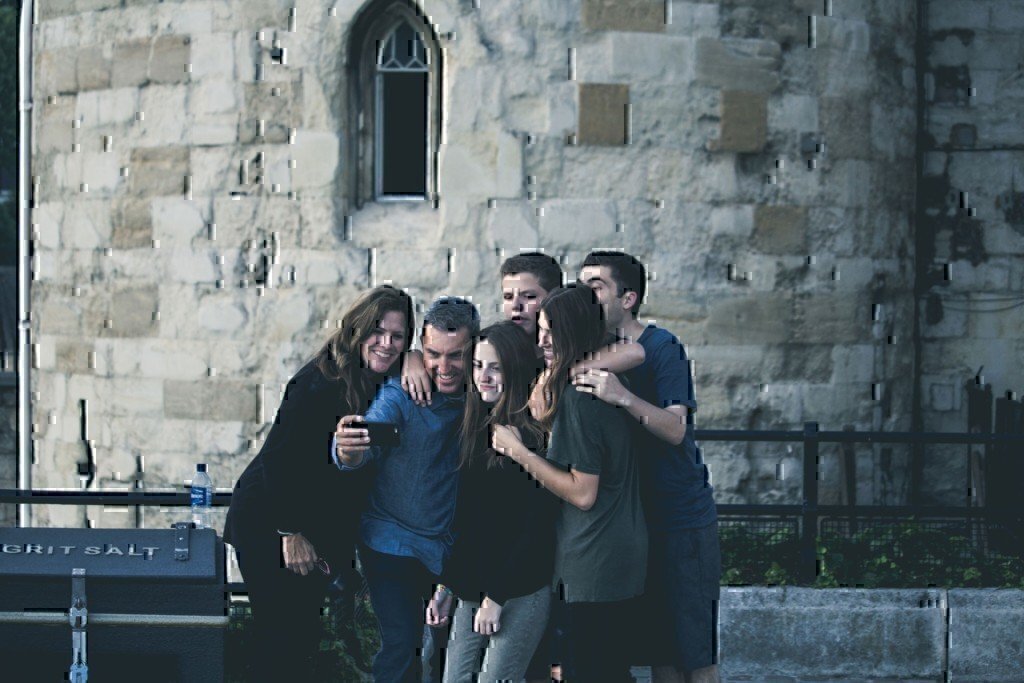Networking. The mere mention of the word sparks disgust in many. We imagine rooms filled with people slapping nametags on themselves while circled around elevated bar tables in order to get to know total strangers.
Good times! Why go home and play with the kids or hit the gym when you can spend two hours a week doing this?
Even some of the most seasoned networking experts agree, networking is a chore. “I hate networking … I’ve met a lot of fake people,” said Joey Mooring, senior director, corporate communications at GameStop during a recent public relations workshop.

Mooring advises people to be themselves, to tell their story. People are drawn to stories and tend to retain someone’s personal information longer if that’s how it’s presented rather than an oral synopsis of their resume. Beware though, says Mooring, “When the eyes start glazing over, it’s time to end the story.”
The truth is networking is more vital than ever with the hiring process becoming more and more automated. Hiring experts admit they’re likely to consider someone who is recommended to them. So, getting out and meeting people in your industry is worth the time if you’re hoping to get ahead.
It also helps to realize the bad rap networking has earned is due to stereotypes that hurt one’s goals at these events.

Myth #1: It’s in the Cards
A business event should not become a race to collect as many business cards as possible. Quality, not quantity wins the day when trying to build strong business relationships. Of course, people should have their cards ready for sharing, but they should enter an event with the goal of having conversations. Here’s where some communication basics really matter:
- Greet people with a genuine smile and handshake while maintaining eye contact. People are drawn to those who make them feel accepted. This posture expresses that.
- When asked about yourself, have a brief (no more than 30 seconds) introduction prepared. The internet is brimming with “elevator speech” advice but remember that what you say should prompt the telling of your story, as Mooring suggested.
- If people are gathered in a group, wait respectfully to be invited into the discussion versus barging in.
Myth #2: It’s All about Selling Yourself
Although we want people to know our story, focusing too much on ourselves is a turnoff. Remember, it’s relationships you want to build, not a business card file. So how do we do this?
- After introducing yourself, ask others about their interests, hobbies – anything but work. The hope is you’ll bond with them about something that isn’t work-related, so the relationship is about more than just selfish motives.
- Speaking of motives, yours should be to give rather than get. Seek to learn how you can be of service to others and share your expertise with them. Experts agree this is how lasting, substantial relationships start, but it takes time. You may not leave a networking event with a job offer, but you’ve launched a dialogue with someone who wants to know you better and help you, as you’ve helped them.

Myth #3: Introverts Need not Attend
Introverts often think they have no chance at these events, but they actually have advantages over their counterparts:
- They’re better listeners. Introverts excel at active listening – the kind that telegraphs someone is not only listening but caring about what’s being said.
- They excel at one-on-ones. You won’t see them holding court with a group of five or six people, but the quality relationships we’ve been talking about start with just two people getting to know each other.
- They’re more thoughtful in their responses. Instead of merely waiting to talk next, they respond to what was actually said to them, leading the conversation to a deeper level.
With the right mindset, you can go to a networking event with the pressure to perform lifted. Instead of worrying about what others think, genuinely care about their needs and how you can help them. This approach makes the experience less superficial and more “This may actually be worth my time!”
We have, however, only covered step one. Event attendance is rarely worth anyone’s time without the right follow-up. We’ll examine those steps next time.
READ NEXT
7 Gym Essentials to Build an At-Home Gym
6 Veteran Influencers to Follow into 2019











